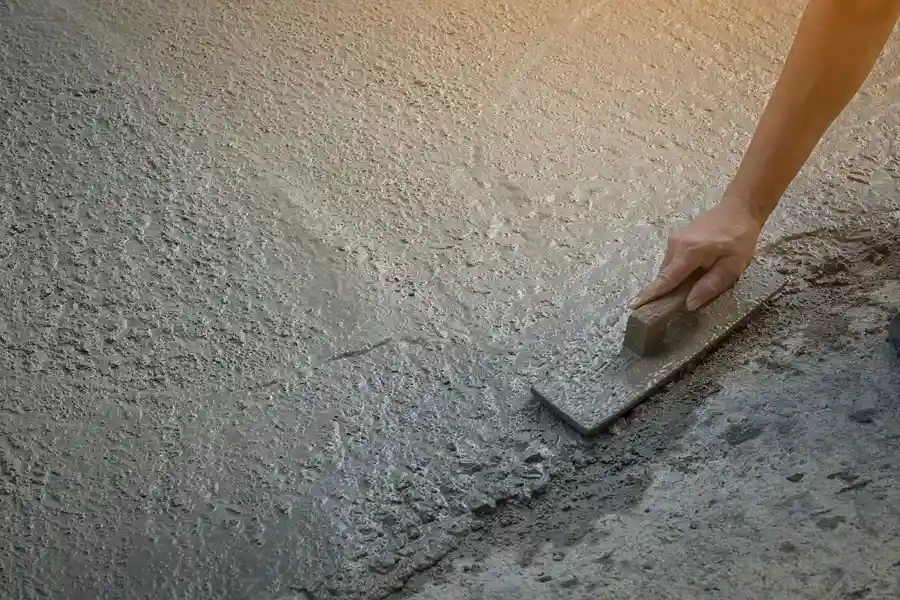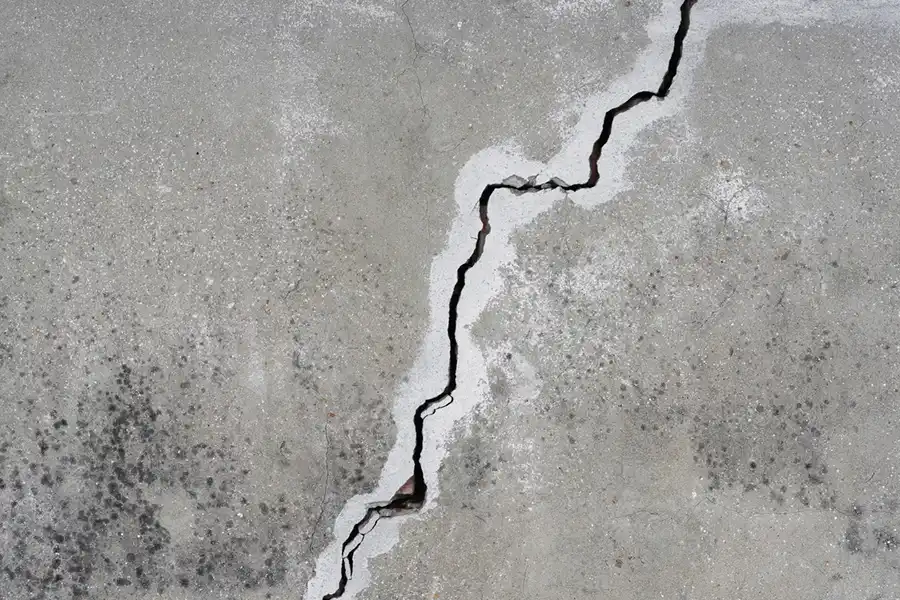Understanding the Role of Moisture in Concrete Deterioration
Concrete is one of the most durable materials used in construction, but moisture can pose significant risks to its longevity. Excessive moisture exposure can lead to various forms of damage, compromising structural integrity and appearance. Understanding how moisture affects concrete is crucial for preventing costly repairs and maintaining safety. This article examines the impact of moisture on concrete structures and offers practical solutions to mitigate these effects.
The Impact of Water on Concrete Structures
Moisture in concrete can cause a range of issues, including cracking, spalling, and efflorescence. When water penetrates concrete surfaces, it reacts with minerals within the material, leading to expansion and contraction. This process weakens the structure over time. Exposure to freezing and thawing cycles exacerbates these problems, accelerating deterioration. Addressing moisture concerns early can prevent more severe damage and reduce repair costs.
Preventing Damage Through Effective Solutions
Implementing effective strategies can significantly diminish moisture-related damage in concrete structures. One essential method is using proper waterproofing techniques during construction. Applying sealants or coatings creates barriers that prevent water infiltration. Additionally, ensuring adequate drainage systems around concrete foundations is crucial. Drains divert water away from structures, minimizing contact with surfaces. Regular maintenance checks are also vital for identifying potential issues before they escalate.
Identifying Signs of Moisture-Related Problems
Recognizing early signs of moisture damage is key to addressing problems promptly. Look for visible cracks, surface flaking, or chalky deposits on concrete surfaces. These indicate water intrusion and require immediate attention. Another warning sign is discoloration or damp patches on walls or floors, suggesting trapped moisture. Taking swift action when these indicators appear ensures timely interventions that protect the structure’s integrity.
Best Practices for Long-Term Durability
Adhering to best practices helps extend the life of concrete structures by mitigating moisture impacts. Begin by selecting high-quality materials designed to withstand environmental stressors. Ensure that all construction components are compatible with local climate conditions. Utilize proven installation techniques and engage professional services if necessary. By following these guidelines, building owners can achieve lasting durability and reduced maintenance needs.
- Select quality materials tailored for specific environments
- Use waterproof coatings or sealants during construction
- Incorporate effective drainage systems
- Conduct regular inspections and maintenance
- Address any visible signs of moisture damage immediately
Considering Cost Implications and ROI
The financial aspect of managing moisture in concrete should not be overlooked. While initial investments in preventive measures might seem substantial, they offer considerable returns over time. Avoiding extensive repairs saves money and reduces downtime caused by disruptions. Investing in proper maintenance protects property value and enhances safety for occupants. When evaluating budgets, prioritize long-term savings over short-term expenses.
Achieving Structural Integrity With Professional Insight
Maintaining structural integrity requires specialized knowledge often provided through professional services like concrete restoration. These experts possess the expertise needed to assess current conditions accurately and recommend suitable interventions. Using advanced technology, they determine optimal solutions tailored to individual requirements, ensuring maximum protection against moisture-induced damage while promoting sustainability.
Your Trusted Partner for Lasting Protection
Whether you’re planning new construction or maintaining existing structures, trust our team at 2L All Concrete LLC for comprehensive solutions. We specialize in concrete restoration techniques that enhance durability and longevity. Our experts provide personalized support based on project-specific needs across Denver, CO. Call us today at (720) 671-2045 to learn more about safeguarding your investments.

